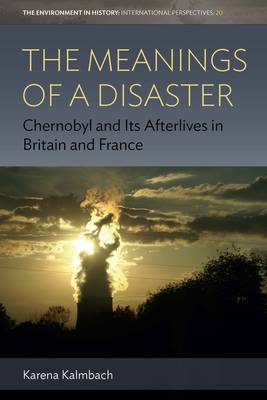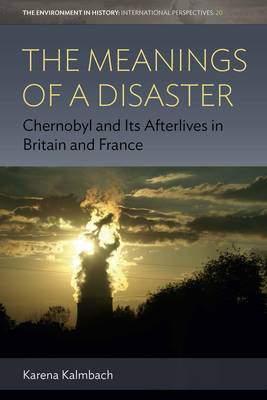
- Retrait gratuit dans votre magasin Club
- 7.000.000 titres dans notre catalogue
- Payer en toute sécurité
- Toujours un magasin près de chez vous
- Retrait gratuit dans votre magasin Club
- 7.000.0000 titres dans notre catalogue
- Payer en toute sécurité
- Toujours un magasin près de chez vous
Description
The disaster at the Chernobyl nuclear power plant was an event of obviously transnational significance-not only in the airborne particulates it deposited across the Northern hemisphere, but in the political and social repercussions it set off well beyond the Soviet bloc. Focusing on the cases of Great Britain and France, this innovative study explores the discourses and narratives that arose in the wake of the incident among both state and nonstate actors. It gives a thorough account of the stereotypes, framings, and "othering" strategies that shaped Western European nations' responses to the disaster, and of their efforts to come to terms with its long-term consequences up to the present day.
Spécifications
Parties prenantes
- Auteur(s) :
- Editeur:
Contenu
- Nombre de pages :
- 236
- Langue:
- Anglais
- Collection :
- Tome:
- n° 20
Caractéristiques
- EAN:
- 9781789207026
- Date de parution :
- 07-12-20
- Format:
- Livre relié
- Format numérique:
- Genaaid
- Dimensions :
- 152 mm x 229 mm
- Poids :
- 485 g

Les avis
Nous publions uniquement les avis qui respectent les conditions requises. Consultez nos conditions pour les avis.






